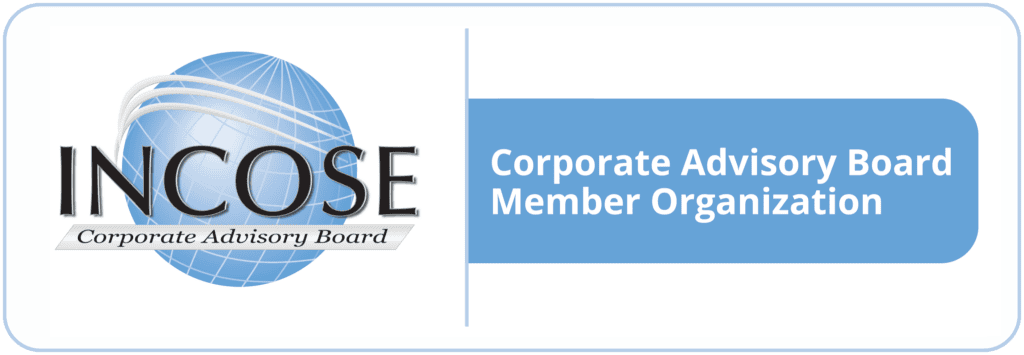Home » Training » Requirements & Specifications Training Courses » Requirements Analysis
Requirements Analysis
Learn via this 3-day course how to use highly effective tools for the capture and validation of requirements, enhancing project success.
- 3 Days
- Corporate Delivery (In-person or online)
- Certificate upon completion
- Professional Development Credits
Get Started Today
Register your interest now.
Let's Talk
Whether you have a question or are looking to find out more about our training options then please get in touch with us below.
- Summary
- Course Overview
- Course Outline
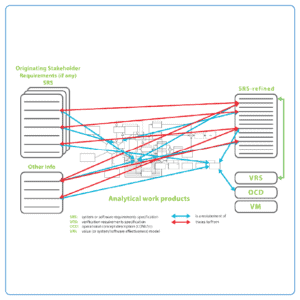 The three-day Requirements Analysis course provides highly effective tools for both the capture of requirements, and for validation of those requirements, in any scenario involving the receipt of requirements from one or more stakeholders who have a need.
The three-day Requirements Analysis course provides highly effective tools for both the capture of requirements, and for validation of those requirements, in any scenario involving the receipt of requirements from one or more stakeholders who have a need.
- This course may be credited toward the maintenance of the INCOSE Certified Systems Engineering Professional (CSEP) certification for 24 Professional Development Units and PDUs may be claimed for PMI’s family of certifications, including PMP
- This course qualifies for Engineers Australia and Engineering New Zealand (IPENZ) CPD purposes (24 hours)
- This course may qualify for CPD, CLP and similar purposes with other organizations (24 instructor hours)
Let’s Talk
Whether you have a question or are looking to find out more about our training options then please get in touch with us below.
Key Learning Objectives
At the conclusion of this course, participants are expected to:
- have the knowledge and understanding of overall concepts of, and activities within, requirements analysis;
- serve as requirements analysis team members; and
- develop real experience in the field through on-the-job experience supported by course resources.
On-the-job experience and ongoing learning will be supported by extensive course resources.
Training Method and Materials
A course approach is used extensively in this module, to maximize learning and practical application. Effectiveness of the techniques, collectively comprising a complete methodology, is independent of the domain of application, and independent of the specifics of the need. These techniques have been used with great success.
Participants will be provided with:
- comprehensive course notes;
- a workbook containing workshop exercises;
- workshop model solutions;
- checklists, forms and charts which you can put to use immediately; and
- complimentary access to PPI’s evolving Systems Engineering Goldmine.
Some Key Questions
- Why do requirements errors cost more to correct than any other class of error?
- How can I best deal with requirements which the user can express only in vague terms?
- Do requirements which are not “in the contract” have any effect in a contractual scenario?
- How can you best unscramble a poor Request for Tender or requirements specification?
- How can you efficiently use requirements analysis to help prepare not only the system specification, but also the major plans?
- How can I best live with “moving goal posts”?
- How can I cope with the inevitable “missing information” without losing control of technical baselines?
- What are the differences between functional and design specifications and when should each be used?
- Why is it necessary to deal with states and modes early?
- Why is the use of a requirements structural model the sure-fire path to producing strong requirements specifications?
Who Should Attend This Course?
Requirements Analysis and Specification Writing is designed for acquirer, supplier and developer personnel who deal with requirements in any capacity.
Do you Offer Tailoring of this Course?
Yes. All courses are tailored informally verbally in delivery by selecting, where possible, examples matched to the domains of interest to the class. We can also work with you to design a formally customized curriculum for the development of your people. We have done so for many client companies, and we would love to work with you to this end. We always suggest that a client takes the corresponding standard course prior to any customization. For systems engineering, this is because systems engineering is the problem-independent and solution technology-independent principles and supporting methods for the engineering of systems, based on systems thinking. So the objectives of customization need to be very clear and focused on adding further value. In practice, customization, if performed, usually becomes the replacement of examples and possibly the main workshop system with domain-specific equivalents. Substitution of the workshop system usually involves substantial redevelopment of courseware. Out of necessity, formal tailoring of courseware is performed on a fee basis.
1. Why Emphasize Requirements?
- issues and terminology
- lessons from real projects
2. Requirements within the System Life Cycle
- the origin of requirements
- concept of the system boundary
- the modeling boundary
- the systems engineering process
- development of system architecture and detail design, related to requirements
- requirements traceability
- summary of terms relating to requirements
- baselines and their use
- the waterfall life cycle paradigm
- incremental acquisition/development
- evolutionary acquisition/development
- workshop – principles of requirements engineering
- common requirements pitfalls in the system life cycle
3. Types of Requirements
- definitions and views
- relationship to design
- relationship to baselines
- why categorize requirements by type?
- eight basic types
- differences between requirements for physical systems/hardware, software, services
- non-requirements
- workshop – types of requirements
- other categories – architectural design drivers, critical, global, priority, importance, stability
4. The Quality of Requirements
- correctness
- completeness
- consistency
- clarity
- non-ambiguity
- traceability
- testability
- singularity
- feasibility
- balance
- freedom from product/process mix
5. Requirements Analysis Methodology
- contexts within which requirements analysis is performed
- stakeholder identification
- initial assessment by document (if any) review, and planning
- measuring requirements quality
- context flow analysis
- context analysis
- workshop – context analysis
- design requirements analysis
- interactive exercise – design requirements analysis
- states & modes analysis
- workshop – states and modes analysis
- requirements parsing analysis
- workshop – parsing analysis
- functional analysis – needs analysis, operational analysis, use cases
- workshop – functional analysis in requirements analysis
- rest of scenario analysis
- optional workshop – rest of scenario analysis
- out-of-range analysis
- optional workshop – out-of-range analysis
- Entity-Relationship-Attribute (ERA) analysis
- other constraints search
- stakeholder value analysis
- methods of engaging in requirements dialog
- verification requirements development
- operational concept description
- clean-up – keyword-based searching for residual requirements defects
- special issues of the human interface
- supplementary methods and notations
- common pitfalls in requirements analysis
6. Coping with the Real World
- what to do when the user “doesn’t know”
- how to respond to “moving goalposts”
- protecting yourself from the communication chasm
7. Tool Support to Requirements Analysis
- tools supporting requirements analysis
- tools supporting requirements management
- examples of available tools
- common pitfalls in using tools
8. Verification of Requirements Analysis Work Products
- requirements reviews
- keyword search techniques
- use of metrics
9. Management of Requirements Analysis
- management issues
- using and managing “TBDs”
- designing a requirements codification scheme
- managing resolution of requirements issues
- defining reviews and reports
Featured Course Reviews

Thanks Robert! You covered an immense amount of subject matter in 3 days, and I learnt more about applicable tools and concepts than at some of my semester long systems engineering courses in university.
Gregory Pon, United Kingdom
Sandia

I plan to use the course material regularly and I can already see it proving itself invaluable.
Participant, USA
Sandia
More Courses For You
Introduction to Requirements Analysis
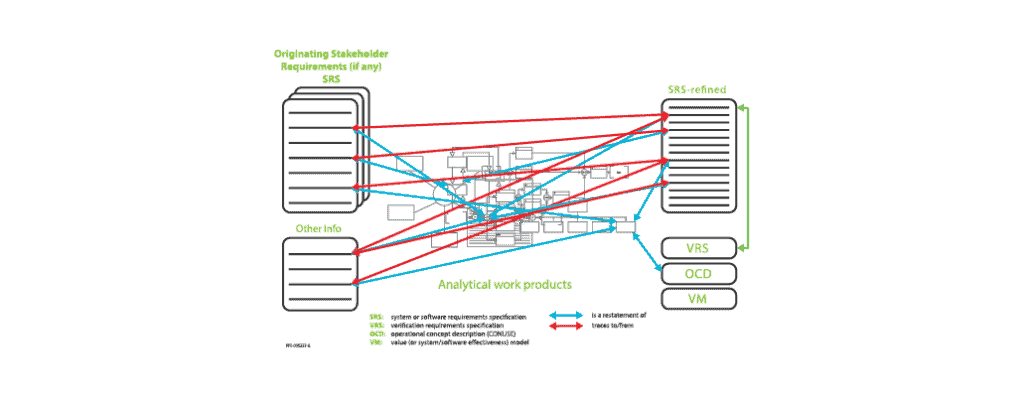
Effectively capture requirements
Preparing Great Requirements Specifications
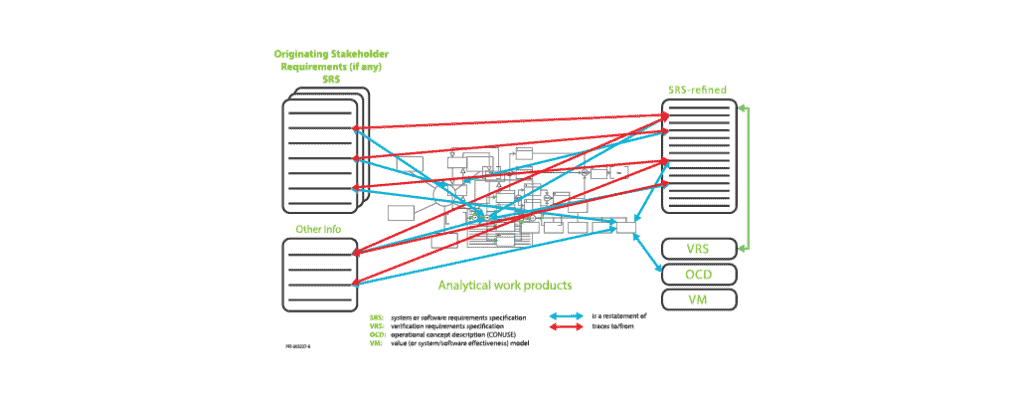
Learn structure & language
Requirements Analysis
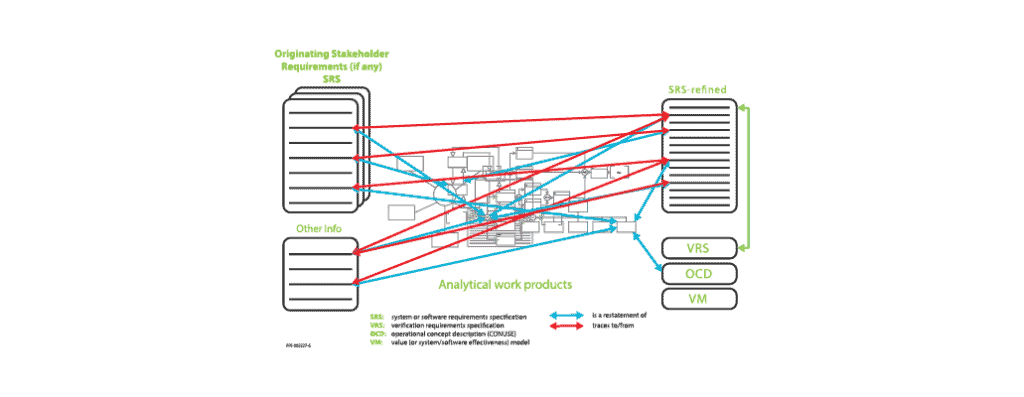
Effectively capture requirements
Requirements Analysis & Specification Writing
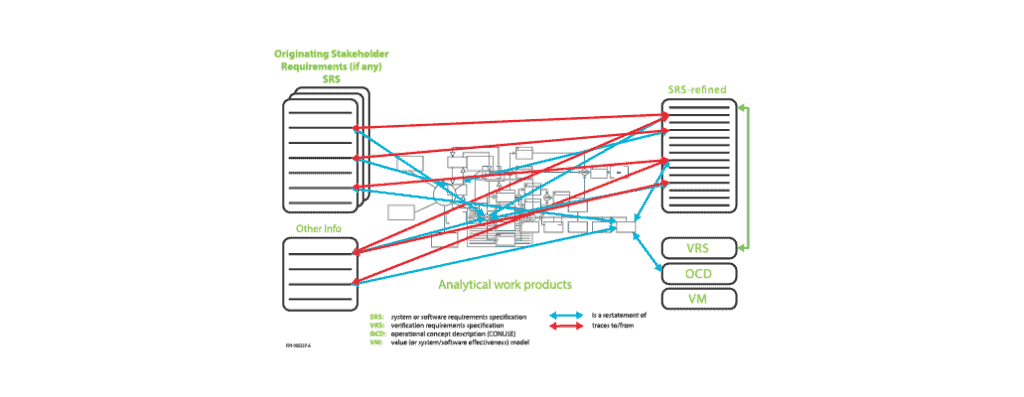
Avoid developing the wrong thing
Requirements Analysis and Specification Writing Fundamentals
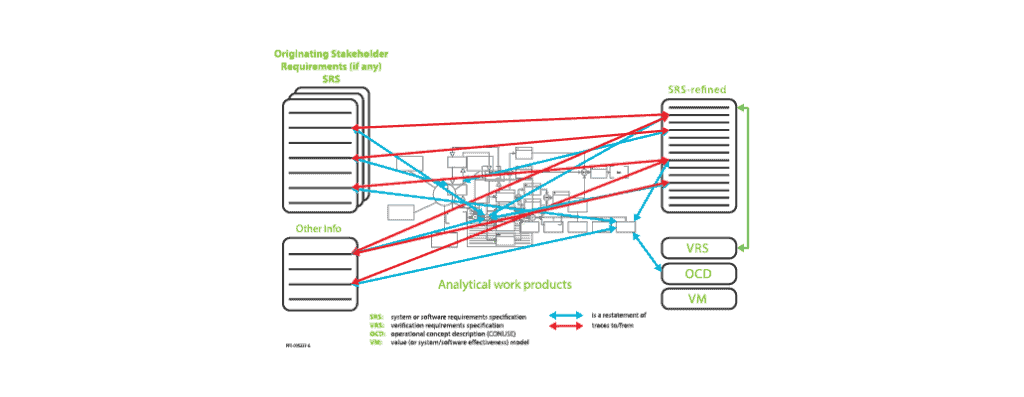
Capture, validate & specify
Requirements Engineering (English Second Language)
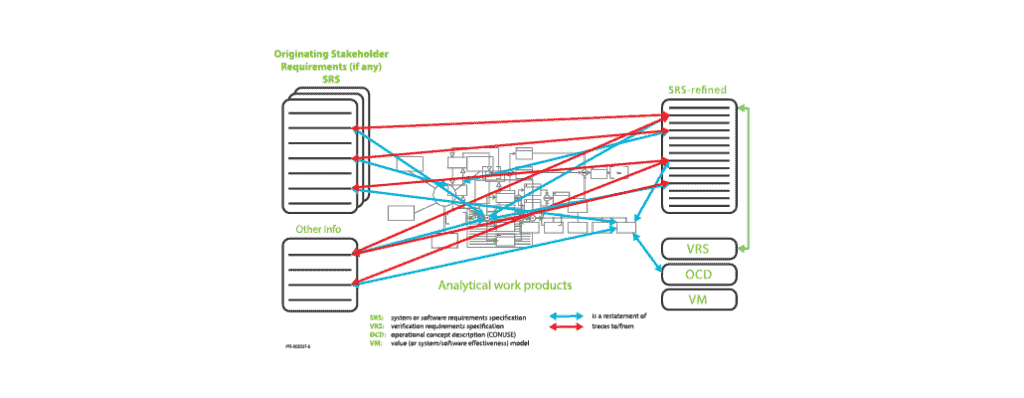
Avoid requirements problems
Requirements, OCD & CONOPS in Military Capability Development
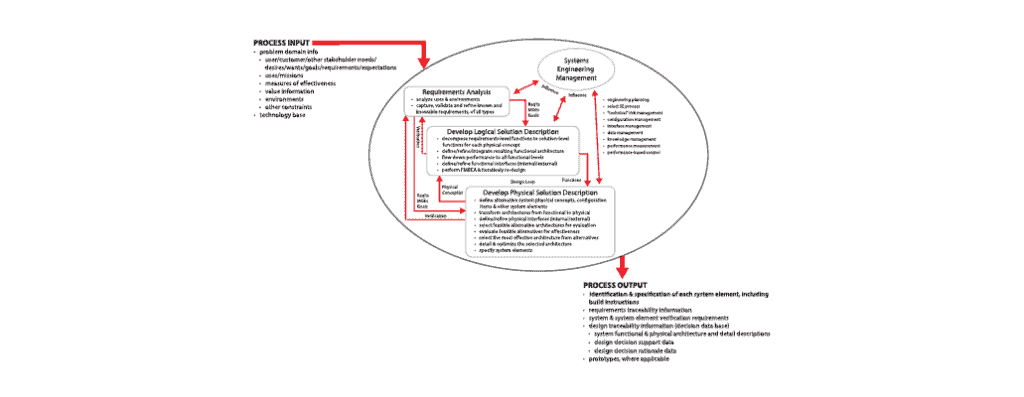
Develop capability successfully
Specification Writing

Prepare great specifications
